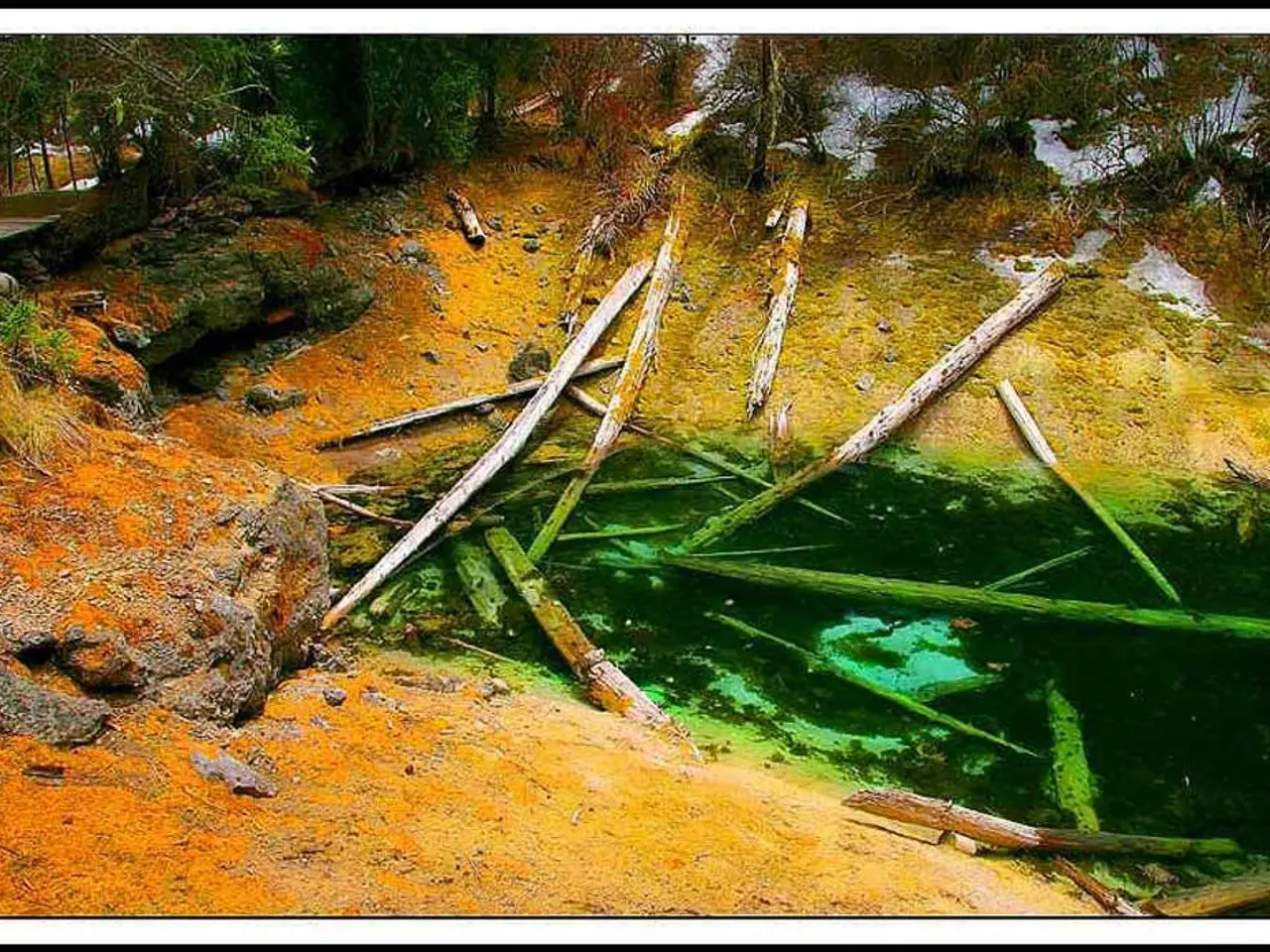Enhancing Language Skills through Forest Schools: 7 Methods that Ignite Awe and Curiosity
Forest Schools Boost Children's Language Development
Outdoor forest education offers a unique and enriching environment that significantly enhances children's language development compared to traditional classrooms. This immersive learning experience fosters more sophisticated spoken and written communication through engaging, contextual, and collaborative interactions.
One of the key benefits of forest schools is contextual learning. Nature provides direct, tangible experiences that help children anchor new vocabulary and concepts, aiding comprehension and retention. This is particularly valuable for English language learners.
Collaborative communication is another advantage of forest schools. Activities like den building, group problem-solving, and imaginative play require children to negotiate, explain ideas, and listen to peers. This fosters social language use and pragmatic skills.
The freedom to explore and choose activities encourages self-directed dialogue. Children articulate their intentions, describe processes, and tell stories, enhancing expressive language.
Forest schools also nurture emotional intelligence and resilience, which encourages children to communicate with confidence and empathy. These are key foundations for effective language use.
Compared to traditional classroom learning, where language instruction is often more structured and less context-rich, forest schools provide immersive, hands-on experiences that stimulate natural dialogue and motivate children to use language as a tool for exploring and socializing in a dynamic setting.
Children in forest schools develop narrative skills by creating stories about woodland adventures, mythical forest creatures, or imagined conversations between animals they've observed. Traditional stories explaining natural phenomena introduce scientific vocabulary through engaging narratives. Indigenous stories introduce children to sophisticated environmental terminology like "stewardship," "reciprocity," and "interconnectedness."
Daily nature journaling develops observational vocabulary as children learn to distinguish between similar phenomena. Safety procedures in forest schools teach children precise, urgent communication skills for giving clear directions and speaking authoritatively during emergencies.
Nature journaling transforms forest school experiences into structured writing practice, documenting weather patterns, animal sightings, and seasonal changes. Children develop predictive language skills through making hypotheses about natural phenomena.
Forest schools also provide opportunities for children to develop cross-cultural communication skills. They share their own family's nature traditions and learn others' environmental customs. Mixed-age interactions in forest schools improve vocabulary retention for both groups as older children mentor younger learners and vice versa.
Moreover, forest schools introduce children to formal scientific writing through field documentation, recording measurements, creating hypothesis statements, and documenting experimental results. Forest exploration inspires poetry writing as children capture the sounds, sights, and feelings of their outdoor experiences.
Risk assessment activities teach children analytical terms like "probability," "consequence," and "alternative" while expressing uncertainty with phrases like "might happen." Children practice concise reporting skills when describing incidents or hazards to adults.
In conclusion, outdoor forest education offers a holistic approach to language development that may lead to stronger language skills alongside other cognitive and social benefits.
- The holistic approach of forest schools, including contextual learning, collaborative communication, self-directed dialogue, and cross-cultural interactions, fosters effective language use and strengthens language learning skills.
- Writing skills are developed in forest schools through nature journaling, formal scientific writing, and poetry, helping children master observational vocabulary, predictive language, and precise, authoritative communication.
- Public speaking skills are honed in forest schools as children participate in discussions, share cultural traditions, and give clear directions during risk assessment activities, teaching them the terms like "probability," "consequence," and "alternative," and the importance of concise reporting.




